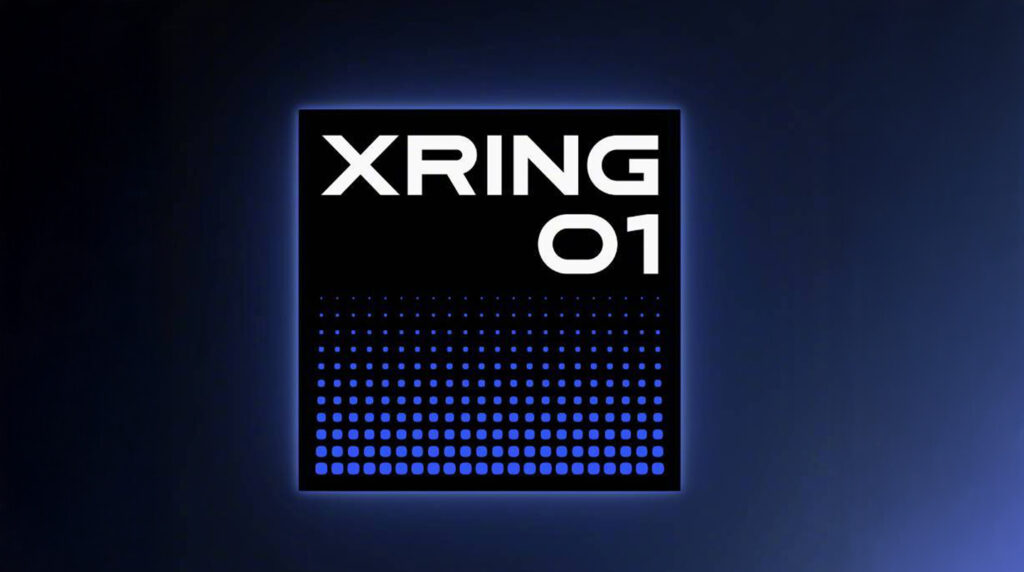
Xiaomi has filed a trademark for a second-generation custom chip called the "XRING 02," signaling that the company is proceeding with its in-house silicon roadmap mirroring Apple's transition to its own custom chips.

Xiaomi's new filing, first reported by Wccftech and verified via China's TianYanCha trademark database, suggests that development of the XRING 02 system-on-a-chip (SoC) is now underway. The move follows the company's announcement earlier this year of the XRING O1, its first custom processor built with a 3-nanometer process, which debuted in the Xiaomi Tablet 7 Ultra.
Xiaomi openly said that it had looked to Apple as a benchmark for its hardware ambitions and vertical integration across its ecosystem. The company said it had asked itself:
We also want to become one of the top chipmakers, with our phones targeting iPhones, can our chips also be compared against those of Apple's?
The new XRING 02 trademark is one of several filings made by the company in recent weeks. Others include the XRING T1 and XRING 0. Xiaomi likely seeks to build a family of custom processors for use across device categories, similar to Apple's use of the A-series, M-series, and S-series chips in iPhones, Macs, and Apple Watches.
Article Link: Xiaomi Trademarks Indicate Plan to Build Apple Silicon-Like Family of Custom Chips

